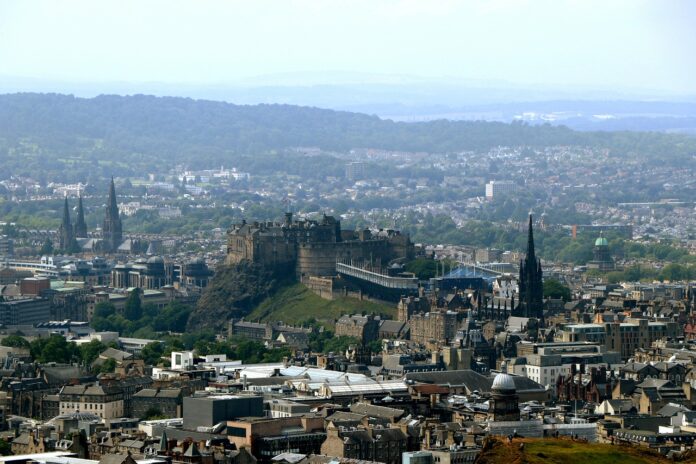Scotland is a stunning country known for its picturesque mountains, dense forests, and deep lochs. It’s no wonder that local poets often celebrate its beauty in their verses. However, strictly speaking, Scotland is not an independent country—it has long been part of the United Kingdom. Although some Scots are not entirely satisfied with this, most have become accustomed to being part of Great Britain and do not seek significant changes.
Facts About Scotland:
- The oldest settlement on all the British Isles is located in Scotland. Archaeologists have established that Skara Brae was founded about 5,000 years ago during the Neolithic era. Moreover, Skara Brae is the best-preserved settlement of that era in all of Europe.
- Scotland is home to the world’s shortest commercial flight route, connecting two islands. The flight lasts just over a minute.
- The capital of Scotland is the ancient city of Edinburgh, but it is only the second-largest city in the country, behind Glasgow in both size and population.
- Edinburgh has more buildings designated as architectural monuments than any other city in the world.
- The game of golf was invented about 500 years ago by the Scots. In its original form, players used sticks to hit round stones into rabbit holes.
- Approximately as many Scots live outside Scotland as within it. Most of them reside in the United States and Canada.
- The seas surrounding Scotland may be cold, but they are extraordinarily rich in life. More than 40,000 species of various living creatures, from plankton and algae to fish and mammals, inhabit these waters.
- One of Europe’s oldest trees grows almost in the center of Scotland—in the courtyard of a church in the village of Fortingall in Perthshire. Estimates of the Fortingall Yew’s age range from 2,000 to 5,000 years.
- Scots invented asphalt in the early 19th century. Although it occurs naturally, local scientists figured out how to produce it on an industrial scale.
- Scottish scientist William Cullen invented artificial refrigeration in 1748, which is why we have refrigerators today.
- The official head of Scotland, as with the rest of the United Kingdom, is the reigning British monarch.
- Scotland’s population is about 2.5 times smaller than that of Moscow.
- In 2014, Scotland held a referendum on possibly leaving the United Kingdom. However, over 53% of voters decided it was better to remain part of the UK.
- Most countries have symbols—animals or plants. Scotland, however, has a mythical creature as its national symbol—the unicorn, making it unique in this regard.
- Scotland has the highest proportion of red-haired people in the world. In some Scottish regions, they make up as much as 30-40% of the population.
- In most Scottish bars and pubs, entry is prohibited to anyone wearing clothing with the symbols of any football clubs.
- Since 1987, Scotland has been home to the Scotch Whisky Heritage Centre—a unique place that serves as a compromise between a pub and a museum.
- Besides mainland Britain, Scotland includes around 800 islands. However, most of them are small and therefore uninhabited.
- Scotland, which had been an independent nation for nearly 500 years, joined the United Kingdom only in the early 18th century.
- The telephone was invented by a Scotsman, Alexander Graham Bell.
- Scotland’s area is roughly equal to that of the Czech Republic or Panama.
- Contrary to popular belief, traditional kilts are rarely worn by Scots today, mostly reserved for special events and celebrations.
- Despite its magnificent, often untouched nature, Scotland has only two national parks that are protected by the government.
- Scotland officially recognizes three languages: English, Scots, and Gaelic.
- In the 11th and 12th centuries, Scandinavian Vikings frequently raided Scottish shores. They also established settlements there, and many Scots have Scandinavian ancestry.
